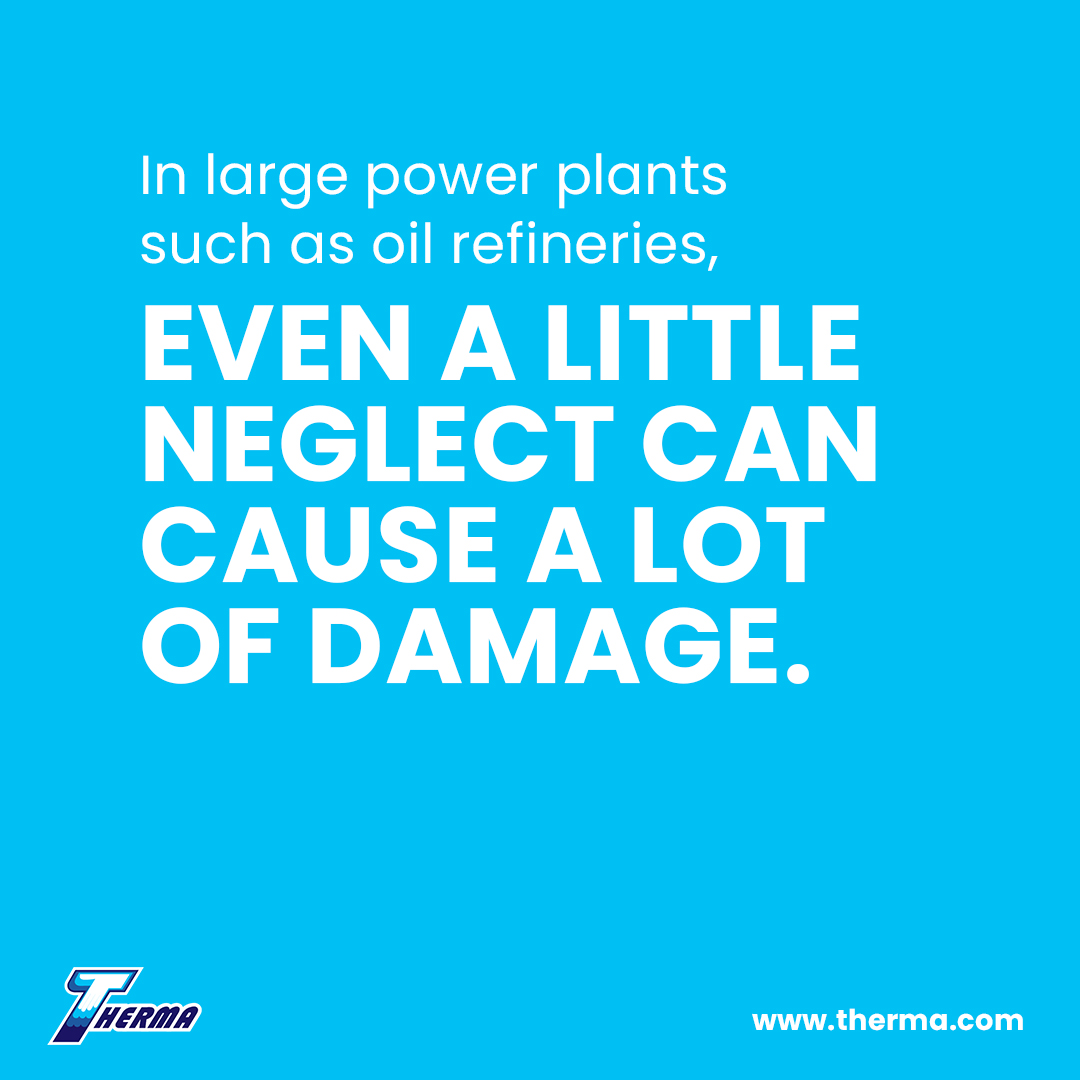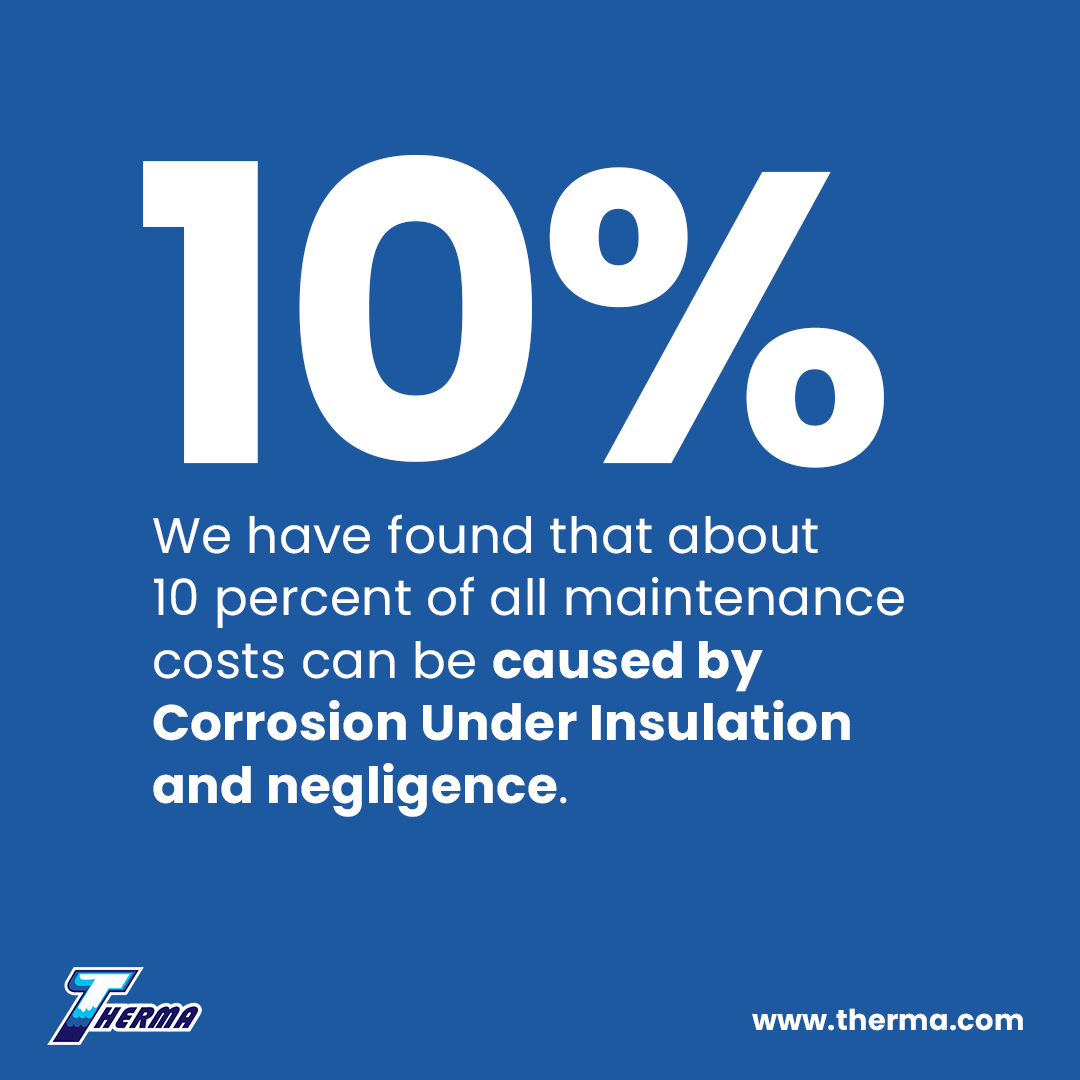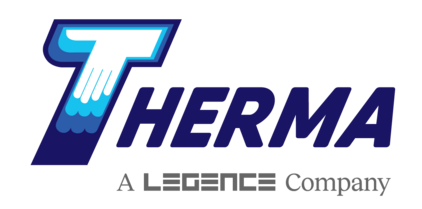Industrial piping standards are important. Industrial HVAC systems should be fully functioning and running at top performance every day. However, in large commercial spaces and manufacturing plants, it’s easy for pipes to deteriorate due to corrosive chemicals or other factors. Regular checks and inspections will help keep corrosion at a minimum. Pipes run more efficiently and effectively, and manufacturers can rest assured that they are safe from dangerous consequences.
Benefits of Regular Piping Checks

Steel piping can have a long lifespan if they are well-monitored and repaired when damaged. In large power plants such as oil refineries, even a little neglect can cause a lot of damage. The consequences could be catastrophic.
For example, on August 6, 2012, a carbon steel pipe was left unfixed at a Chevron refinery. As part of the refinery’s crude oil processing unit, it underwent a chemical process known as sulfidation corrosion. Although previous internal inspections had shown that corrosion was present, it had not been repaired and maintained. This resulted in pipe failure, fuel leakage and a disastrous fire.
What should manufacturers consider when testing and inspecting pipes?

To be effective, meticulous records must be kept throughout. Technical manufacturers always include both offline inspections taken during maintenance, plus online monitoring.
If the pipes show any trace of chemical corrosion, the carbon steel components must be immediately replaced with more corrosion-resistant materials.
Corrosion can happen faster when the steel pipes are insulated.. This is known as Corrosion Under Insulation (CUI) and is quite common. We have found that about 10 percent of all maintenance costs can be caused by CUI and negligence.
Nondestructive Testing (NDT) and what to expect
This type of inspection is done on pipelines which are still in use. A complete evaluation will be made, determining safety and structure components. During an NDT inspection, the pipes are checked for fatigue, corrosion and poor manufacturing.
What is Mechanical and Environmental Testing?
This type of inspection process is helpful when industrial pipes have been exposed to natural or external forces. Pipes in a harsh environment will be more susceptible to pressure and dangerous conditions. The equipment used must be reliable, dependable and always checked for standards. Doing this ahead of time will prevent risk and possible injury.
Industrial piping tests will always prove beneficial because they expose hidden issues in HVAC systems. Once the risk and problem are known, manufacturers are able to put safeguards in place or replace the pipes altogether.
Investing in Your Future

The number one benefit to getting pipes checked is financial. Investment in testing industrial piping is money which might otherwise be spent on damages. Smart industry leaders know that fixing problems before they have a chance to wreak havoc is a sure way of securing the future of one’s business.
Need a Mechanical Contractor for Pipe Testing?
Whether you want to do pipe tests or need a second inspection on your industrial components, give us a call. We offer full services that focus on testing and maintaining complex HVAC and high purity process piping.
As one of the largest mechanical contractors in the United States, we at Therma have had years of experience in the industry and local markets. Call us today for a price quote or consultation.
By Nikki M
Nikki is a European-based writer and technical consultant with over 15 years of experience in HVAC and print media. She previously worked as a TV and radio host/writer for networks across Asia, Africa, and North America.







